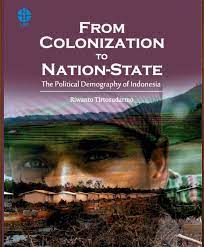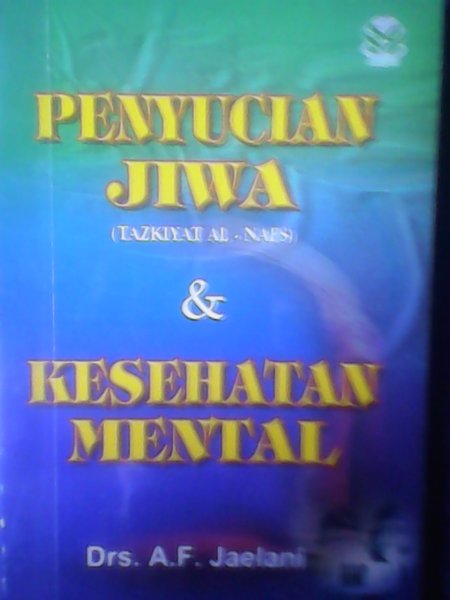





From colonization to nation-state : the political demography of Indonesia
Riwanto Tirtasudarmo
Tersedia di:
Deskripsi
Index : hlm. 329-338 ; Bibliografi : hlm. 305-325 ; Demography is often perceived as a static equilibrium that has little relevance to social transformation. The conventional perception of demography as a static discipline should be challenged as such view no longer able to explain the increasingly complex social and political realities resulted from the often slow but profound demographic changes. Indonesia, currently the world's fourth largest country in terms of population size and regionally comprising two thirds of the total population of Southeast Asian countries, constitutes as sleeping demographic giant and provides a distinct intricate nexus of demography and politics. Flows and movement of people's have always been the interest of the state to control anywhere since ancient time. The book critically assesses the continuities and changes in the state's demoggraphic engineering pratices from the introduction of the Dutch colonial ethical policy at the beginning of the twentieth century until the dawn of the twenty first century following the collapse of the Indonesia's new order regime in 1998. Several issue that cover in the book include transmigration policy, internal and cross-border mobility, ethical mobility and the politics of migration.
Ulasan
Buku Rekomendasi Lainnya

Ballenger's otorhinolaryngology 17 head and neck surgery
SNOWJR, B. James ; WACKYM, P. Ashley

Flash Tool : Kumpulan software pendukung flash
PRAMONO, Andi

Teknik Riset Pemasaran Dan Ramalan Pejualan J.Supranto
SUPRANTO, J

Perjalanan pulang
Burnford, Sheila ; Penerjemah ; Rosemary Kesauly

Backpacking 101 : catatan praktis untuk backpacker pemula
GUSTIAYU, Herajeng ; DARSONO, Nita

Metode 1 jam pintar berhitung bersama dombi, sopi & yamyam
ROUF, Irwan

Panduan Shalat Lengkap Sesuai Tuntutan Rasulullah SAW
Ali Abdullah (Pengarang) ; Norombini Rumawas (Penyunting)

Mammoth book of gangs
-

Menjawab mitos-mitos : Seputar masalah kehamilan dan bayi anda
Larasati, Sekar D. (Pengarang) ; D. Teddy Y (Pengarang)

Penyucian jiwa (tazkiyat-al-nafs) & kesehatan mental
A.F.Jaelani (Pengarang)

Life Stories : Marie Curie
Nell Walker (Pengarang)

The shakespeare book : big ideas simply explained
Palffy, Georgina (edited)

Fiqih Jihad : Sebuah karya monumental terlengkap tentang jihad menurut al-qur'an dan sunnah
Yusuf Qardhawi (Pengarang) ; Irfan Maulana Hakim (Penerjemah) ; Yadi Saeful Hidayat (Penyunting)

Membingkai perdamaian : Antologi sastra
Yanimar W Yusuf (Pengarang) ; Komite sastra DKAB (Penyunting)


